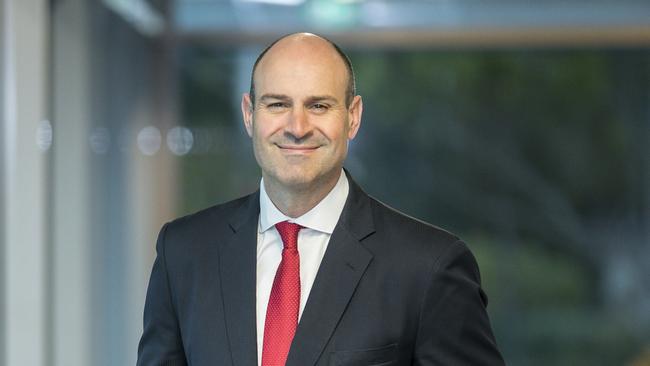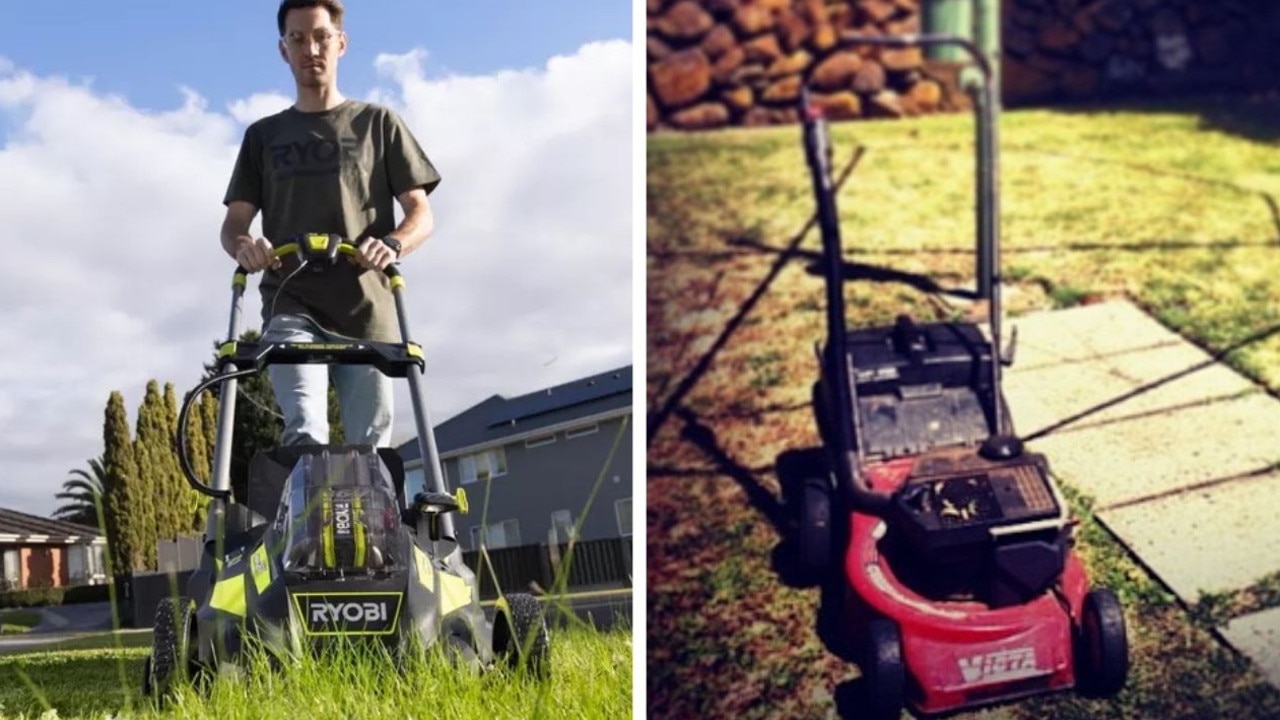Call for ‘cyber army’ to fend off attacks
Australia will need more than 17,000 additional cyber security workers over five years to protect against ‘devastating’ attacks.

Australia will need to train more than 17,000 additional cyber security workers over the next five years to protect companies from “devastating” attacks and the malicious targeting of critical infrastructure systems.
CyberCX chief executive John Paitaridis, a former Optus business managing director and Telstra executive director, is pushing Scott Morrison to prioritise cyber security training via the government’s JobMaker program and shield threats to supply chains.
“Cyber security underpins our economic and national resilience. After the devastating bushfires and a global health crisis, a cyber attack may well be the next major national security event,” Mr Paitaridis told The Australian.
“To ensure Australia is best placed to deal with a significant cyber incident, we need a comprehensive cyber industry plan.”
Last year, Mr Paitaridis joined forces with Alastair MacGibbon, former head of the Australian Cyber Security Centre and cyber security adviser to Malcolm Turnbull, to establish CyberCX as the country’s largest independent cyber security firm. Mr Paitaridis, who leads a cyber security team of more than 500 people across 20 offices, said Australia’s reliance on foreign cyber security firms had “reached concerning levels”, and warned that “we cannot be beholden to offshore providers, including US multinationals”.
“In cyber security, the interplay between government and the private sector is more prominent than in other national security domains,’’ he said.
“Private industry accounts for more than 80 per cent of Australia’s cyber security workforce.
“Businesses are compelling targets for a devastating cyber attack — for example, potentially crippling the financial sector or shutting down an energy grid.
“And when cyber incidents occur, it is the private sector most often on the frontline, repairing critical infrastructure, tracking intruders, or testing systems.”
Mr Paitaridis, who is also chief executive of BGH Capital’s technology portfolio, said the scope of national security agencies’ cyber security activities should become more specialised, shifting greater responsibility to the private sector.
“Industry can improve the way Australia manages supply-chain cyber security in two ways,’’ he said. “First, by enhancing the technical inspection processes of products’ source code and hardware design specifications.
“Internet-connected devices should be screened to assess security and back-door vulnerabilities and meet minimum standards of cyber resilience.
“And second, we need to better understand the origins and vulnerabilities of the technology we use.”
Cyber Security Co-operative Research Centre chief executive Rachael Falk has also warned of cyber threats to businesses and individuals “running systems connected to the internet”.
“The reality of cyber breaches is blunt and surprisingly simple,’’ Ms Falk wrote in The Australian on Thursday.
“Ultimately, in most cases it comes down to the number one — that is the number of people a hacker needs to trick to gain access to data. ‘’
Ms Falk said that cyber criminals were “versatile’’.
“They always have been,’’ she said. “During the pandemic, it has been easy for them to pivot their activities to take advantage of the increase in people working from home.
“But for them it is also business as usual, pandemic or not. Because valuable data is, and always has been, a target.”
Mr Paitaridis said the co-ordination of schools, TAFEs, universities and companies must be improved to boost the country’s cyber workforce.
“We also need an honest discussion about what new regulation is required to combat increasing cyber threats,” he said.



